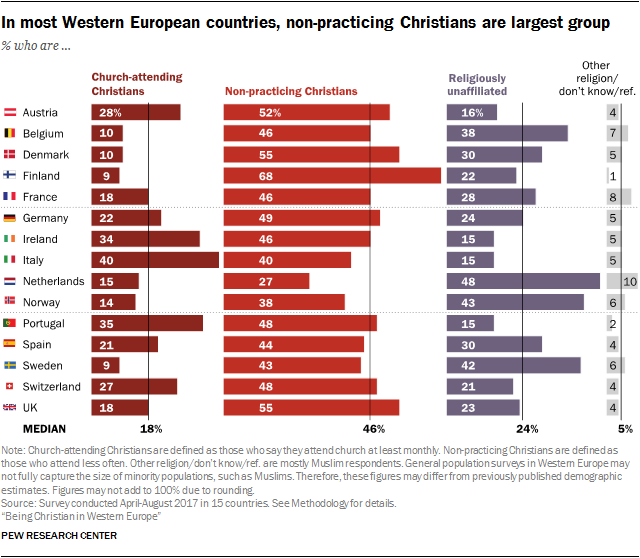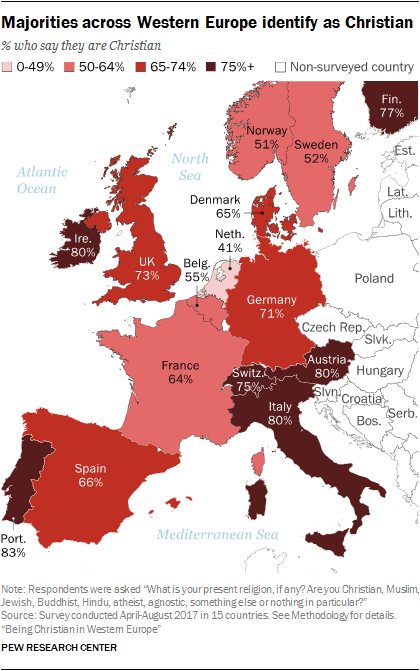 |
| Inside of the Roman Catholic Church in Újkér (Photo credit: Wikipedia) |
After some questions put to him by the Synod fathers regarding the
working method of the meetings, Tuesday the 6th of October 2015,
Pope Francis delivered a
spontaneous, last-minute speech to the Synod on the family which began
meeting on Monday, clarifying that the question of remarried
divorcees
is not the only issue the assembly is dealing with.
Last year the cardinals had already a extraordinary gathering which was fairly rare in the 50 years of synodal history. His two speeches at that Extraordinary Synod last year, along with the
relation finale, are the official documents that this assembly delivered
to this year’s assembly, which will be working in continuity with the
previous one.
The cardinals had time enough to hear how the public and the press reacted, though some are much convinced nothing shall change, and certainly not in the doctrines of the
Roman Catholic Church which they considered to be a Church guided by the
Holy Spirit.
The daily
Vatican press is not afraid to let us know that some
differences in opinion emerged between those who are more concerned
about preserving
Catholic teaching and those who underline the need for
dialogue with the world.
For years it has been known that there were also many homosexuals under the clergy and that they too took on a negative position towards other sexual oriented people in their community. Though the last few years we have seen many more
priests openly
coming out for their feelings and publicly presenting their gay partner. Otherwise also priest who felt for the opposite sex and did not like to live in celibacy dared to come out and show their female partner and some even their kids they brought forth in a state of marriage, though not being officially being married.
Strangely enough those priests themselves seemed to work with two different weight measures.
The transition from the 20th into the 21st century, for many - believers, parishioners but also priests - requires a new
language with which to communicate the
Gospel and the possibility of
coming up with local rather than universal solutions to controversial
questions such as communion for remarried divorcees.
Mgr.
Claudio Maria Celli, one of the Synod Fathers invited to the
press briefing, said
“The concluding document of last year’s Extraordinary Synod and the
Pope’s opening and closing speeches ensure the Church keeps an open
outlook and encourage a pastoral attitude. The fact remains that the
Pope himself underlined that communion for remarried divorcees is not
the only subject being discussed at the Synod. But participants’ outlook
remains open in pastoral terms. If all had ended with yesterday’s
relatio, what would we be doing here?”
Some Synod Fathers have placed a greater emphasis on Catholic teaching,
others on the importance of improving
communication with the outside
world. Over the last twenty years this communication got very low, the same as we can see that communication is missing in a lot of families, resulting in divorce, many Catholics have left the ir church and many have become fed up with relgiion havingseen how the Catholic Church tried to cover up the many sex scandals under their clergy.
Many Catholics have seen priests in offering marriage guidance themselves not living according to their celibacy rules nor holding the same ethics normal people would profess. Older priests having sex with young children and than trying to cover this up or to escape civil judgement made many furious about that double-sided attitude of the Catholic Church.
Once more we may hear how the clergy is looking for finding a new “language of
mercy” ahead of the next Jubilee of Mercy, to be used with “gay people”
in particular.
More than once we may hear from Catholic clergy that
“They are brothers and children who should never be
treated as outsiders; they deserve respect,”
but often no respect is shown in parishes to such people who have other feelings than the mainstream.
As so often with the Catholic Church some of the proposed methods, like for addressing the issue of communion for
remarried divorcees, was for a series of “reflection groups” to be
created “on a local, national and continental basis” seeing as solutions
may vary from culture to culture rather than there being “universal”
answers. In past times the Catholic Church has always been very good in adapting her rules of play according the place where it was based. That way masses celebrated in Africa look totally different than those in Europe. And actions done in
South America would be consider non acceptable Voodoo in the Northern part of the hemisphere.
Biggest problem for the Catholic Church is that she has done away with all the modernisations of
Pope John XXIII and has not taken in account enough how society has changed and a new language needs to be
found for
communicating the faith.
+
Find also:
+++












